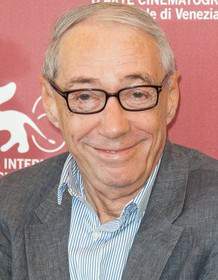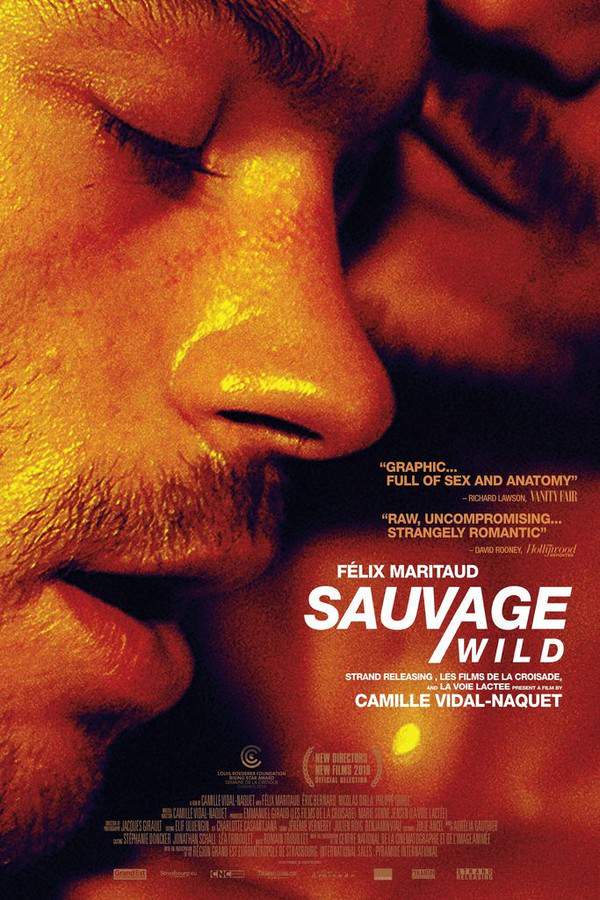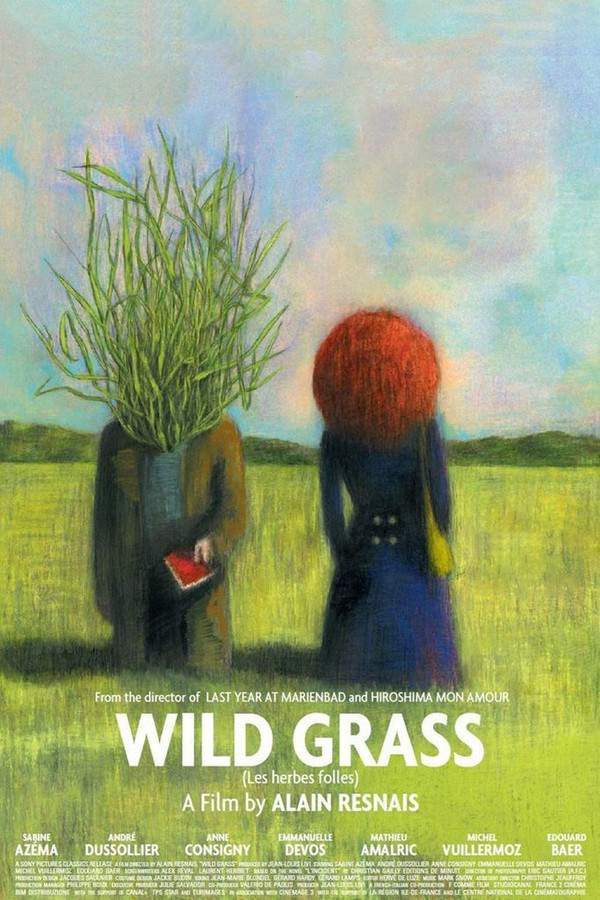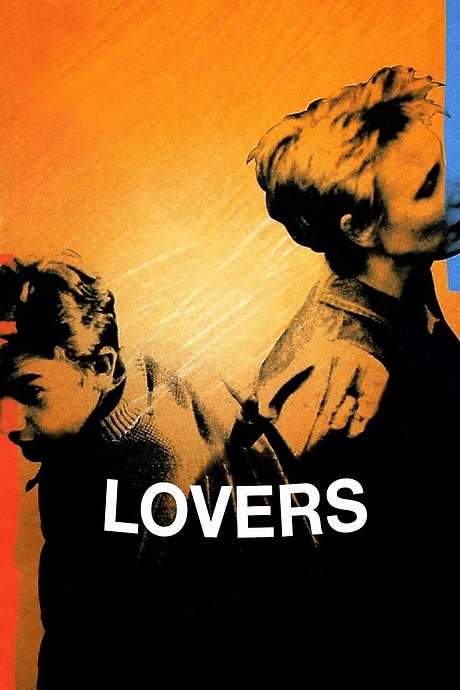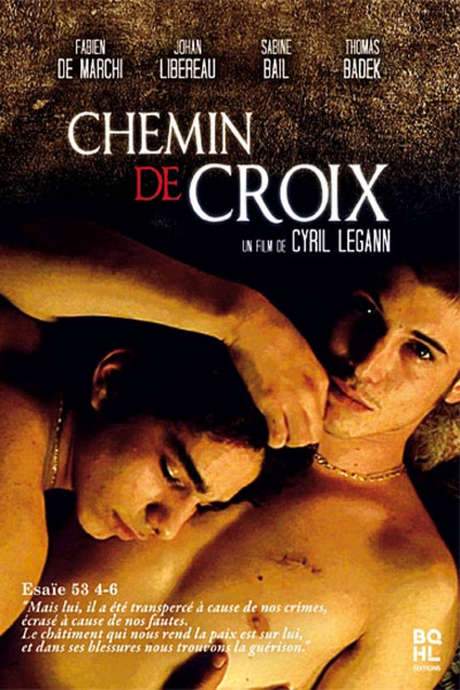Wild Reeds 1995

In a French boarding school during the Algerian War, a young man named Francois discovers his identity through a passionate and forbidden romance with Serge. Their relationship sparks a complicated love triangle, exploring themes of adolescence and self-discovery. As Francoise grapples with the transition from youth to adulthood, the intense emotions and societal upheaval create a turbulent and formative experience.
Does Wild Reeds have end credit scenes?
No!
Wild Reeds does not have end credit scenes. You can leave when the credits roll.
Meet the Full Cast and Actors of Wild Reeds
Explore the complete cast of Wild Reeds, including both lead and supporting actors. Learn who plays each character, discover their past roles and achievements, and find out what makes this ensemble cast stand out in the world of film and television.
External Links and Streaming Options
Discover where to watch Wild Reeds online, including streaming platforms, rental options, and official sources. Compare reviews, ratings, and in-depth movie information across sites like IMDb, TMDb, Wikipedia or Rotten Tomatoes.
Ratings and Reviews for Wild Reeds
See how Wild Reeds is rated across major platforms like IMDb, Metacritic, and TMDb. Compare audience scores and critic reviews to understand where Wild Reeds stands among top-rated movies in its genre.

83
Metascore
7.1
User Score


%
TOMATOMETER

0%
User Score

7.3 /10
IMDb Rating
Take the Ultimate Wild Reeds Movie Quiz
Challenge your knowledge of Wild Reeds with this fun and interactive movie quiz. Test yourself on key plot points, iconic characters, hidden details, and memorable moments to see how well you really know the film.
Wild Reeds Quiz: Test your knowledge on the intricacies and themes of the film 'Wild Reeds' from 1995.
What is the main setting of 'Wild Reeds'?
1962 France
Algeria
Southwest China
Paris
Show hint
Full Plot Summary and Ending Explained for Wild Reeds
Read the complete plot summary of Wild Reeds, including all major events, twists, and the full ending explained in detail. Explore key characters, themes, hidden meanings, and everything you need to understand the story from beginning to end.
Set in southwest France during 1962, this film narrates the coming-of-age journey of three friends: François Forestier, Maïté Alvarez, and Serge Bartolo. François, a reserved young man from a lower-middle-class family, is diligently pursuing his baccalaureate at a boarding school. His close bond with Maïté, whose mother Madame Alvarez is a French teacher at the school, allows them to engage in deep conversations about movies and literature. It’s important to note that both Mme Alvarez and Maïté hold communist ideologies.
The film opens with François and Maïté attending the wedding of Pierre Bartolo, a former student of Mme Alvarez. During this event, they are introduced to Serge, the groom’s brother and François’s classmate, whom François perceives as somewhat dim-witted. Serge’s family hails from Italy, and amidst the celebrations, Pierre seeks Mme Alvarez’s assistance in avoiding military service in Algeria, which she declines.
As the story unfolds, we meet Henri Mariani, an Algerian-born French exile who is older than the boys due to his previous failures in school. A passionate supporter of the OAS (Organisation de l’armée secrète), Henri is preoccupied with the Algerian conflict. One evening, a significant turning point arises when Serge visits François in the dormitory, leading to an unexpected sexual encounter between them. They subsequently decide to aid one another in their respective academic strengths—François in French and Serge in Mathematics—to achieve their baccalaureate.
François begins to explore his homosexuality, forging a profound attraction to Serge, which he confides in Maïté. She reassures him that their friendship is paramount, irrespective of his romantic inclinations. Later, François and Henri engage in a poignant discussion about their fears, highlighting Henri’s past struggles with depression following his father’s death.
Tragedy strikes when Pierre dies while serving in the Algerian military, resulting in Maïté’s mother experiencing a breakdown after her failure to aid him. Following the funeral, Maïté attempts to console Serge as he expresses his newfound affection for her, though she yearns for independence and maturity.
In a heated moment, Serge voices his disdain for Henri, blaming him for his brother’s demise, which ultimately ignites a conflict between them. Injured while trying to break up the altercation, François is later confronted by Henri, who asserts that he believed Serge could relate to the pain of loss, urging him to embrace his true self.
François praises Henri, which repulses Maïté. She accuses him of merely wanting to be intimate with Henri, to which François candidly agrees, feeling burdened by his desires. Mme Alvarez’s replacement, Monsieur Morelli, teaches a French class where they examine “The Oak and the Reed,” a fable by Aesop. He extends help to Henri in academics, who reluctantly accepts after initially declining.
As Serge withdraws from school, François visits him and learns of Serge’s intentions to marry his brother’s widow, despite lacking love for her. Their escapades lead them to Toulouse, where Serge succumbs to heavy drinking.
After an OAS leader receives a life sentence, Henri, disillusioned, decides to quit school. A chance encounter with Maïté at a communist party gathering illuminates their oppositional beliefs and inadvertently spurs an emotional connection between them, leading to shared intimacy.
As exams approach, François, Maïté, and Serge plan a day at the river. In a moment of vulnerability, François seeks advice from Monsieur Cassagne regarding his love life, but finds him unhelpful. Tensions arise when Serge confronts Maïté about their lack of alone time, which she deflects, revealing her fears about intimacy.
Ultimately, as François and Serge bond in the water, Henri confesses his feelings for Maïté, resulting in a passionate encounter that deepens their relationship. However, after their intimate night together, Maïté suggests that love alone should not dictate their future, ultimately opting to join François and Serge as they return to the school, marking the end of this profound exploration of youth, love, and self-discovery.
Uncover the Details: Timeline, Characters, Themes, and Beyond!

Coming soon on iOS and Android
The Plot Explained Mobile App
From blockbusters to hidden gems — dive into movie stories anytime, anywhere. Save your favorites, discover plots faster, and never miss a twist again.
Sign up to be the first to know when we launch. Your email stays private — always.
Watch Trailers, Clips & Behind-the-Scenes for Wild Reeds
Watch official trailers, exclusive clips, cast interviews, and behind-the-scenes footage from Wild Reeds. Dive deeper into the making of the film, its standout moments, and key production insights.
Wild Reeds Themes and Keywords
Discover the central themes, ideas, and keywords that define the movie’s story, tone, and message. Analyze the film’s deeper meanings, genre influences, and recurring concepts.
Wild Reeds Other Names and Titles
Explore the various alternative titles, translations, and other names used for Wild Reeds across different regions and languages. Understand how the film is marketed and recognized worldwide.
Similar Movies To Wild Reeds You Should Know About
Browse a curated list of movies similar in genre, tone, characters, or story structure. Discover new titles like the one you're watching, perfect for fans of related plots, vibes, or cinematic styles.
Quick Links: Summary, Cast, Ratings, More

What's After the Movie?
Not sure whether to stay after the credits? Find out!
Explore Our Movie Platform
New Movie Releases (2025)
Famous Movie Actors
Top Film Production Studios
Movie Plot Summaries & Endings
Major Movie Awards & Winners
Best Concert Films & Music Documentaries
Movie Collections and Curated Lists
© 2025 What's After the Movie. All rights reserved.



